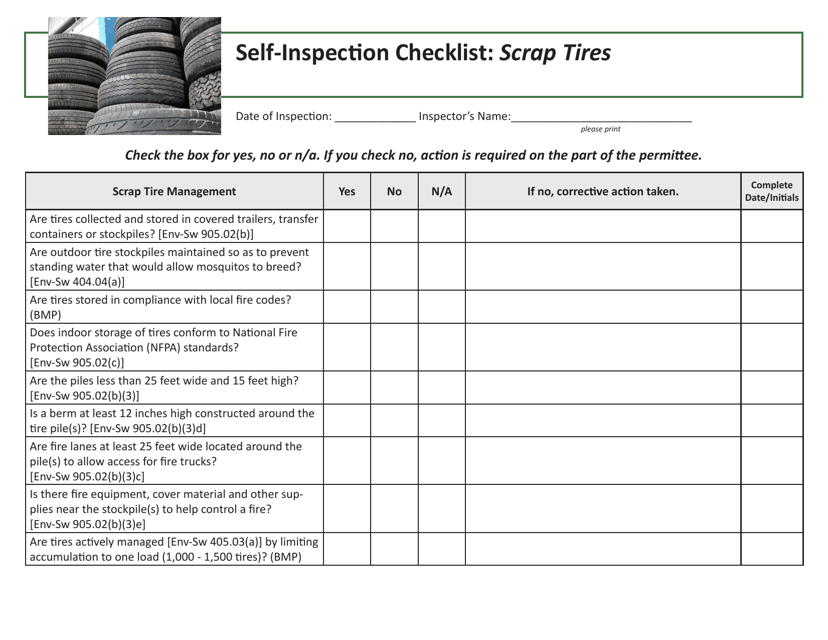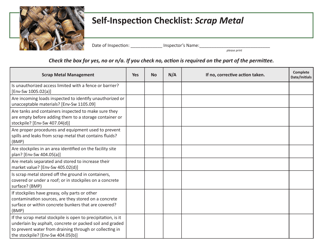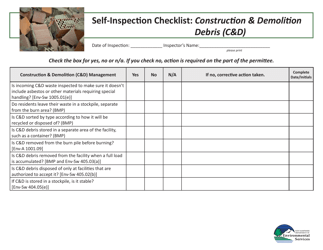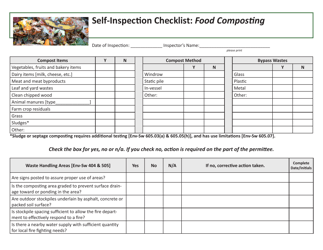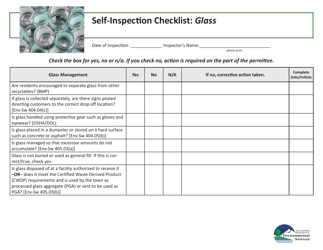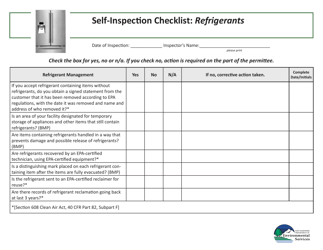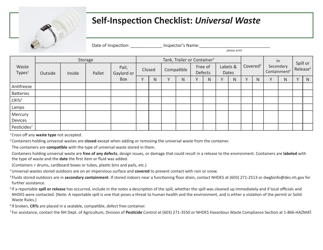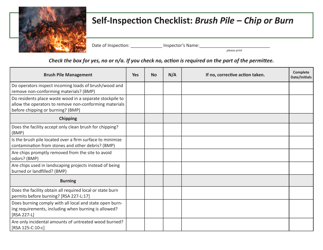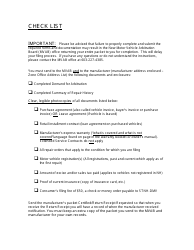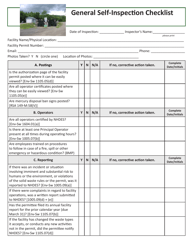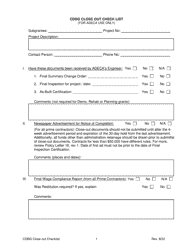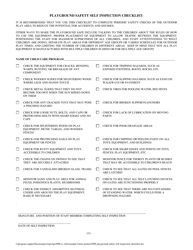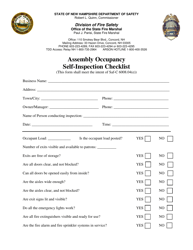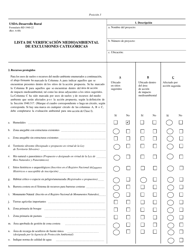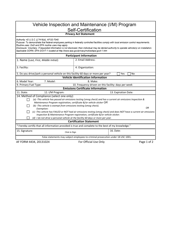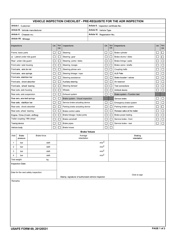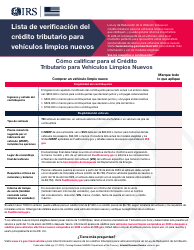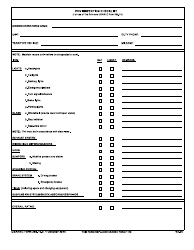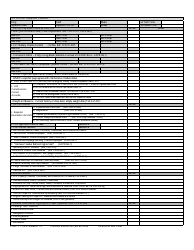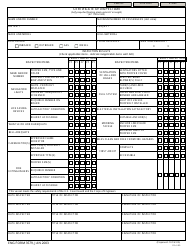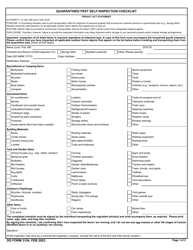Self-inspection Checklist: Scrap Tires - New Hampshire
Self-inspection Checklist: Scrap Tires is a legal document that was released by the New Hampshire Department of Environmental Services - a government authority operating within New Hampshire.
FAQ
Q: What is a self-inspection checklist?
A: A self-inspection checklist is a tool that allows individuals or businesses to assess their compliance with a set of regulations or guidelines.
Q: What is the self-inspection checklist for scrap tires in New Hampshire?
A: The self-inspection checklist for scrap tires in New Hampshire is a tool specifically designed to help individuals or businesses in the state assess their compliance with regulations related to the management and disposal of scrap tires.
Q: Why is it important to conduct a self-inspection for scrap tires?
A: Conducting a self-inspection for scrap tires is important to ensure compliance with regulations and guidelines, prevent environmental pollution, and maintain public safety.
Q: What are some key areas covered in the self-inspection checklist for scrap tires in New Hampshire?
A: Some key areas covered in the self-inspection checklist for scrap tires in New Hampshire may include storage, recordkeeping, tire disposal methods, and potential environmental hazards.
Q: Who is responsible for conducting the self-inspection for scrap tires in New Hampshire?
A: Individuals or businesses that generate, store, transport, or manage scrap tires are responsible for conducting the self-inspection.
Q: Are there specific penalties for non-compliance with scrap tire regulations in New Hampshire?
A: Yes, there may be specific penalties for non-compliance with scrap tire regulations in New Hampshire, including fines, license revocation, or legal action.
Form Details:
- The latest edition currently provided by the New Hampshire Department of Environmental Services;
- Ready to use and print;
- Easy to customize;
- Compatible with most PDF-viewing applications;
- Fill out the form in our online filing application.
Download a printable version of the form by clicking the link below or browse more documents and templates provided by the New Hampshire Department of Environmental Services.
